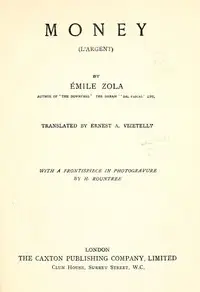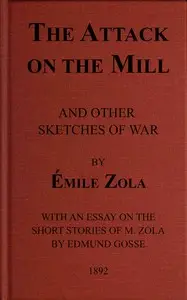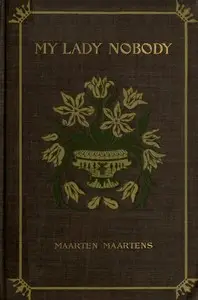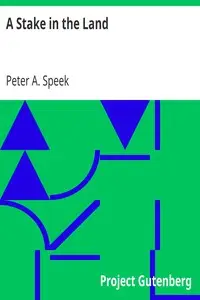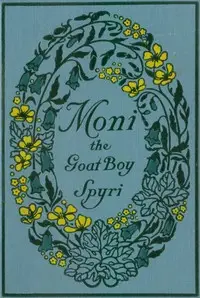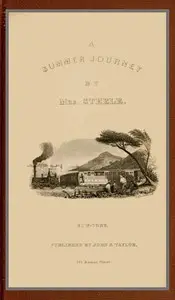"The Soil (La terre): A Realistic Novel" by Émile Zola is a book set in the late 1800s that shows what life was like for people living off the land. It focuses on Jean, a sower, and the Fouan family as they deal with each other and the duties that come with owning land. The story starts with Jean planting seeds, showing how hard people worked and how connected they were to the earth. He also meets Françoise, a young girl trying to manage her cow, which suggests that these two might become important to each other later on in the story. The book gives a clear picture of the farming area of La Beauce, where characters think about their difficulties, what they have to do, and how complicated owning land can be, setting the stage for future conflicts.
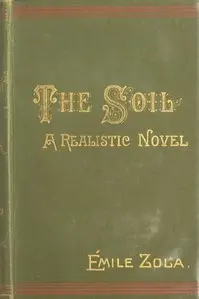
The Soil (La terre): A Realistic Novel
By Émile Zola
Amidst the fields of rural France, one man's connection to the earth intertwines with a young woman's struggle, as a family's battle for land exposes the raw truths of human nature.
Summary
About the AuthorÉmile Édouard Charles Antoine Zola was a French novelist, journalist, playwright, the best-known practitioner of the literary school of naturalism, and an important contributor to the development of theatrical naturalism. He was a major figure in the political liberalization of France and in the exoneration of the falsely accused and convicted army officer Alfred Dreyfus, which is encapsulated in his renowned newspaper opinion headlined J'Accuse…! Zola was nominated for the first and second Nobel prizes in literature in 1901 and 1902.
Émile Édouard Charles Antoine Zola was a French novelist, journalist, playwright, the best-known practitioner of the literary school of naturalism, and an important contributor to the development of theatrical naturalism. He was a major figure in the political liberalization of France and in the exoneration of the falsely accused and convicted army officer Alfred Dreyfus, which is encapsulated in his renowned newspaper opinion headlined J'Accuse…! Zola was nominated for the first and second Nobel prizes in literature in 1901 and 1902.

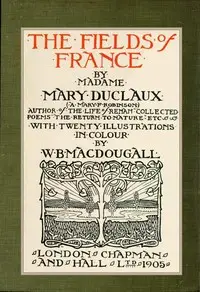
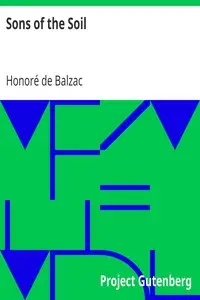
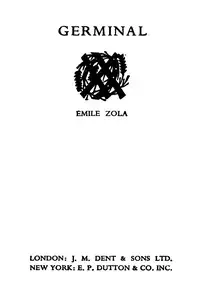
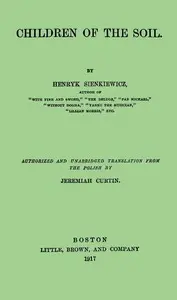

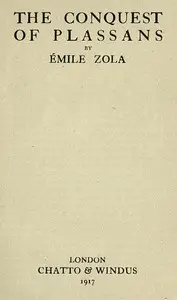


![The Joy of Life [La joie de vivre] by Émile Zola](https://cdn.a2-host.cloud/9j8lNrvH1PMtTff9ON_JInuZ-XmuB12RHzPY8gmcREE/rs:fill:215:325:0/g:ce/aHR0cHM6Ly9zcC1hc3NldHMuczMudXMtd2VzdC0wMDQuYmFja2JsYXplYjIuY29tL2Jvb2svNTY1NDEvVGhlX0pveV9vZl9MaWZlX0xhX2pvaWVfZGVfdml2cmVfY292ZXIuanBn.webp)

